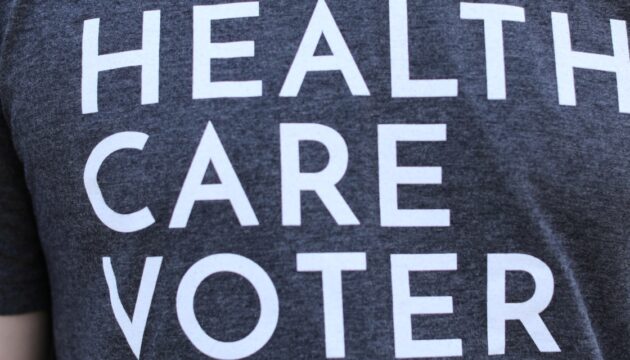Healthcare Reform
Our work in Healthcare Reform
-
The Trump Administration Side-Stepped Rulemaking Processes on the ACA’s State Innovation Waivers— And it Could Make Their New Section 1332 Guidance Invalid
Claims that the guidance is procedurally invalid open up potential new avenues for litigation surrounding section 1332 in general and could also become relevant to challenges regarding an approved waiver.
Categorized in -
Medical Care Spending and Labor Market Outcomes: Evidence from Workers’ Compensation Reforms
The researchers link administrative claims data to earnings records for injured workers and their uninjured coworkers and find that workers with low back injuries experienced a 7.6% post-reform decline in medical care, and an 8.1% drop in post-injury earnings relative to other injured workers.
Categorized in -
State Individual Mandates: Hows and Whys
State mandates are a straightforward way to avert the negative consequence of federal mandate repeal at the state level, according to the latest analysis out of the USC-Brookings Schaeffer Initiative.
Categorized in -
PODCAST: The Healthcare Issues Voters Care About in the 2018 Midterms
Fellow Matthew Fiedler reviews the Trump administration’s changes to the ACA, Medicaid expansion and how often candidates are talking about health policy.
Categorized in -
Analyzing Senator Hassan’s Binding Arbitration Approach To Preventing Surprise Medical Bills
Following the introduction of the “No More Surprise Medical Bills Act of 2018,” USC-Brookings Schaeffer Initiative for Health Policy experts analyze what the legislation could mean for patients if signed into law.
Categorized in -
CMS’ Positive Step on Site-Neutral Payments and the Case for Going Further
The authors argue that site-neutral payment under the CMS proposed rule should ultimately be applied to a much broader set of clinical services.
Categorized in -
Medicaid Expansion Increases Access to Diabetes Medications
States that expanded Medicaid saw a 40 percent increase in prescription fills for common diabetes drugs in 2014-2015 according to the study in Health Affairs.
Categorized in -
Medicaid Eligibility Expansions May Address Gaps In Access To Diabetes Medications
The researchers find Medicaid eligibility expansions are linked to increases in prescription fills for diabetes drugs.
Categorized in -
How Would Individual Market Premiums Change in 2019 in a Stable Policy Environment?
Matthew Fielder examines how premiums would change in 2019 absent recent policy changes that are set to take effect.
Categorized in -
Doctors Hold the Key to Lower Drug Prices
Contracts should raise awareness of cost without hurting patients’ access to necessary care. argues Senior Fellow Bob Kocher and his colleague Peter Orszag.
Categorized in







